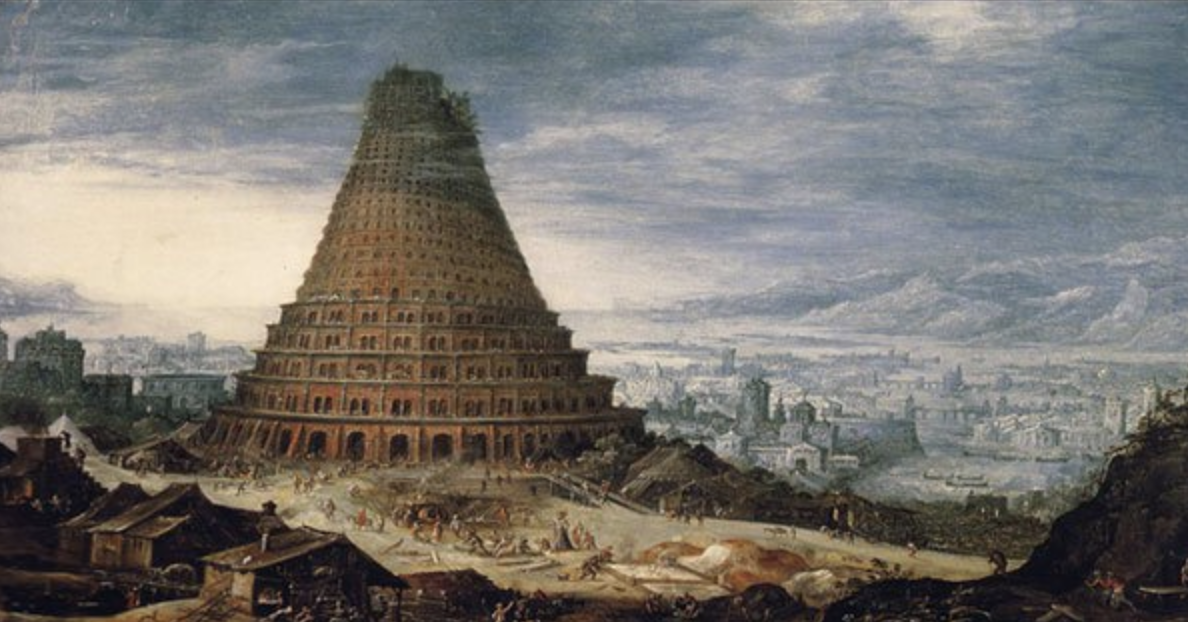
DUBAI, UAE—This past weekend, Deborah and I stopped in Singapore on our way to Every Nation’s 2018 Build Conference in Dubai. On Sunday, I had the privilege of preaching at Every Nation Church Singapore.
The church is going through a series in Genesis, and I was asked to preach about Genesis 11:1–9. My sermon centered on two questions:
1. What do YOU do when God’s plan for your life is different than your plan for your life?
2. What does GOD do when His plan for your life is different than your plan for your life?
You may be familiar with the story of the Tower of Babel. Here’s the key text: Then they said, ‘Come, let us build ourselves a city and a tower with its top in the heavens, and let us make a name for ourselves, lest we be dispersed over the face of the whole earth’ (Genesis 11:4).
In this text, we find an explicit articulation of the will of the people of Babel and an implicit reference to God’s will.
The people’s will: “let us build ourselves a city . . . lest we be dispersed” (Genesis 11:4).
God’s will: “And God blessed Noah and his sons and said to them: ‘Be fruitful and multiply and fill the earth’” (Genesis 9:1).
God wanted Noah’s descendants to go and fill the earth—to be his image-bearers and agents of his will in every nation and among every people. But the people of Babel wanted to stay and settle—to make a name for themselves in the land of Shinar.
So what did God do? How did God respond to the disobedience of the people of Babel?
“So the Lord dispersed them from there over the face of all the earth” (Genesis 11:8).
In short, the people of Babel’s disobedience did not stop God from accomplishing his will. By his grace, he confused their tongues and scattered them so that they could do what he called them to do.
Just think for a minute about the grace of God in this story.
He did not leave these people to pursue their own glory by building a city. He intervened. But God did not send fire down on Babel. He did not send a plague. He did not send an invading army.
Rather, he chose to give these people a gift—the “gift” of tongues. They probably didn’t appreciate it at the time. But think about how God displayed his mercy, creativity, and sovereignty in dealing with the people of Babel.
That’s how he deals with us.
We may not always like his will. We may not always pursue his will. But God will accomplish his purposes in our life anyway. By his grace, he does not punish us or abandon us. Rather, he gently frustrates our will, and time and again repositions us to do what he called us to do.